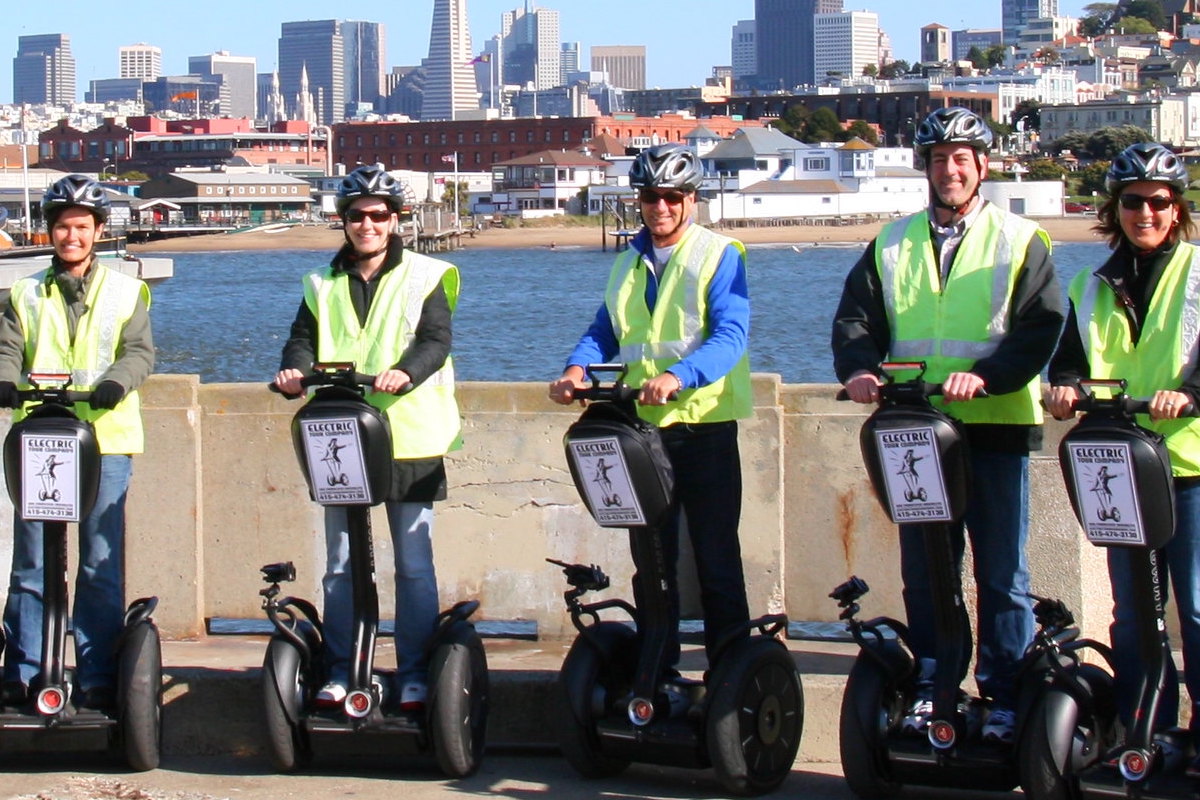Tripadvisor's Inflection Point: Viator Surpasses Hotels

Skift Take
Tripadvisor reached an historic milestone: For the first time since acquiring Viator nearly a decade ago, revenue from this tours and activities brand in the second quarter surpassed that of what has traditionally been Tripadvisor's foundational business, hotel metasearch.
And that inflection point is likely to be the case for full-year 2023, as well.
In a research note earlier this month, BTIG's Jake Fuller and Kevin Dolan estimated that Viator's 2023 revenue would increase 46% to $718 million while Tripadvisor's branded hotel, or metasearch, business would fall behind at $641 million. BTIG characterized Viator's growth, which has dragged down Tripadvisor's profitability, as "a bright spot," even as the financial services firm lowered its full-year 2023 EBITDA estimates for Tripadvisor to $300 million, from the prior $332 million. "At Viator we are reinfo

